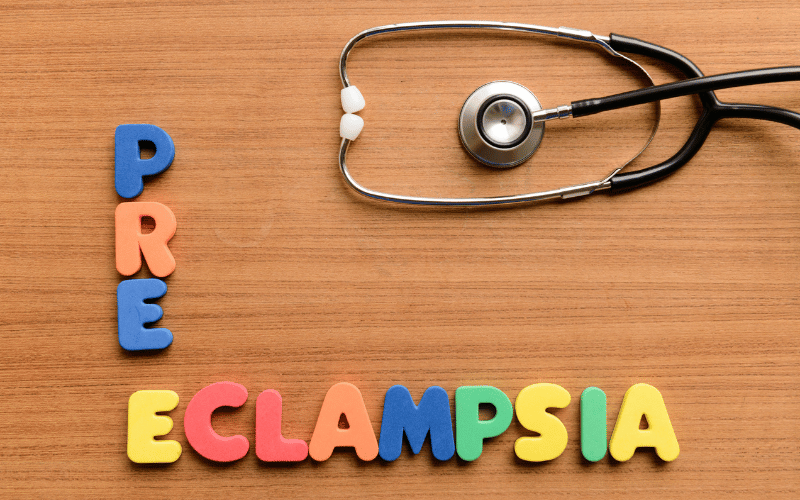Introduction: Unraveling the Complexities of Diabetes in Pregnancy
Pregnancy is a journey that brings about profound changes in a woman’s body, a journey that becomes even more intricate when intertwined with diabetes. Whether it’s a pre-existing condition or gestational diabetes that arises as a part of the pregnancy itself, the implications for maternal and fetal health are significant and multifaceted. Understanding the intersection between diabetes and pregnancy is not just about recognizing the risks, but also about strategizing for the best possible outcomes.

Embarking on a pregnancy with diabetes requires an arsenal of knowledge and tools for monitoring and management. It’s a path marked by meticulous glycemic control, frequent medical check-ups, and an awareness of the risks involved. Each trimester brings its unique challenges and necessitates a tailored approach to both diabetes and prenatal care.
The repercussions of poorly managed diabetes during pregnancy are far-reaching. From the immediate risks of miscarriage and congenital abnormalities to the long-term health concerns for both mother and child, the stakes are undeniably high. Diabetes can dramatically alter the landscape of pregnancy, necessitating a comprehensive understanding of its effects for both healthcare providers and expectant mothers.
This journey through the effects of diabetes on pregnancy will illuminate the ten key areas where this condition intersects with gestational health. It aims to provide a clear portrayal of what to expect and how to navigate the challenges that lie ahead. The information herein is more than just a guideline; it’s an empowering tool for those standing at the crossroads of diabetes and pregnancy, looking to steer their course towards a healthy outcome for both mother and baby.
Let’s embark on this informative exploration, shedding light on the multifaceted impact of diabetes on pregnancy, and arm you with the insights needed for a health-conscious journey to motherhood.
Consequence 1: Elevated Risks of Gestational Hypertension and Preeclampsia

The interplay between diabetes and pregnancy can often lead to a challenging condition known as gestational hypertension. This situation is further compounded when it progresses to preeclampsia—a complication characterized by high blood pressure and the presence of protein in the urine after the 20th week of pregnancy. Women with diabetes, both Type 1 and Type 2, must navigate these waters with heightened caution. The elevated blood glucose levels associated with diabetes can damage blood vessels, potentially heightening blood pressure and escalating the risk of developing preeclampsia. This risk necessitates a stringent monitoring routine, alongside a lifestyle attuned to maintaining optimal circulatory health.
Adapting to this increased risk involves a multidisciplinary approach to care. Expectant mothers will likely undergo frequent blood pressure screenings, with healthcare providers vigilant for any upward trends. In tandem, urine tests become a regular part of prenatal visits to check for proteinuria, a tell-tale sign of preeclampsia. The nutrition and exercise regimen of a pregnant woman with diabetes are tailored to support blood pressure management, often under the guidance of a specialist dietitian and a physical therapist experienced in prenatal care.
Complicating matters, preeclampsia’s impact is not confined to the mother. It can affect the placenta, potentially leading to reduced blood flow to the fetus. This can result in lower oxygen and nutrient delivery, affecting fetal development. As such, fetal monitoring becomes an essential component of prenatal care, ensuring that the baby is growing as expected and not subject to undue stress.
The treatment for gestational hypertension and preeclampsia often involves the use of medications that are safe in pregnancy, aiming to keep blood pressure levels under control without compromising fetal well-being. In some cases, early delivery may be recommended, which presents its own set of challenges and preparations.
Ultimately, the goal is to manage the condition without it escalating to full-blown eclampsia, a severe complication that can pose a threat to both mother and baby. Through diligent monitoring and proactive management, most women with diabetes can successfully navigate the risks of gestational hypertension and preeclampsia, culminating in a healthy delivery. (1)